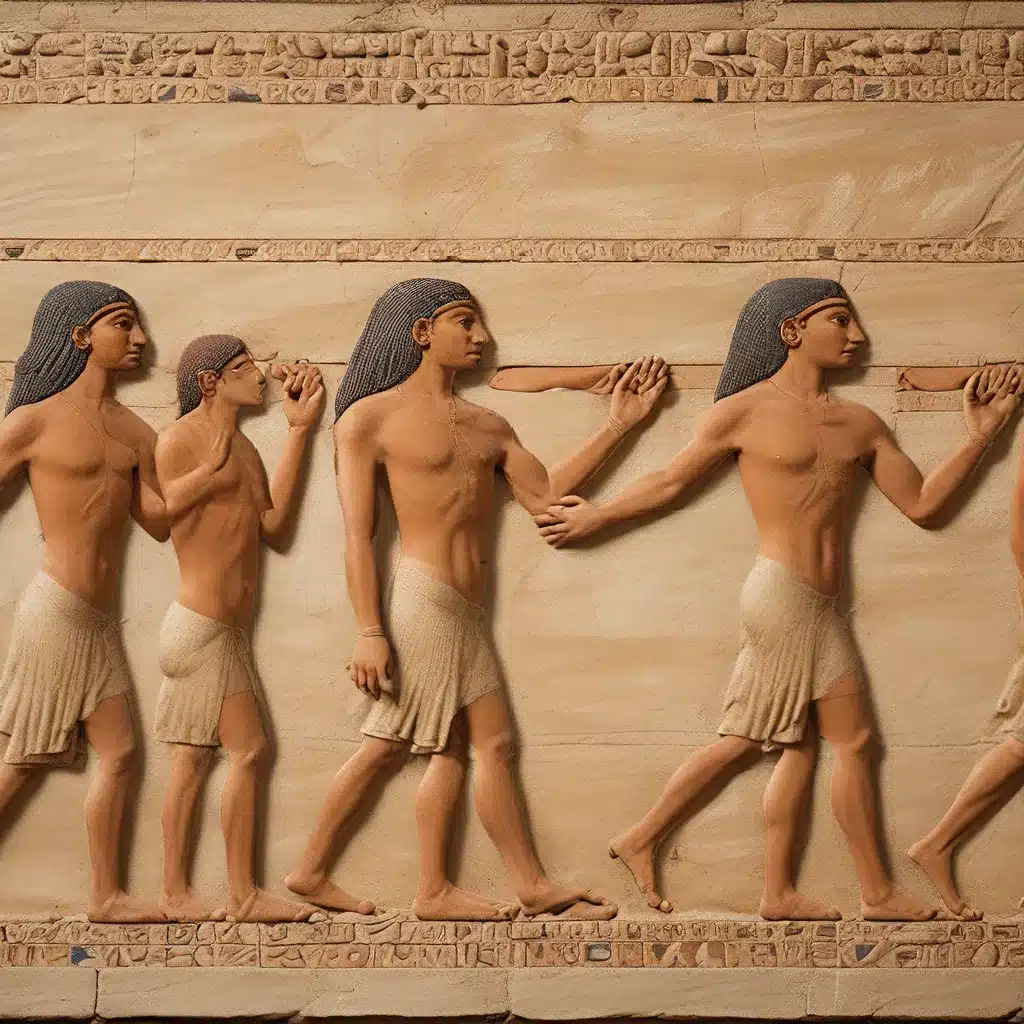
In the ever-evolving landscape of human civilization, the story of ancient governance is one that offers a captivating glimpse into the complex social, political, and cultural foundations that have shaped our world. From the earliest organized settlements to the rise and fall of mighty empires, the ways in which societies have managed their affairs have undergone a remarkable transformation, reflecting the changing needs and aspirations of our ancestors.
The Foundations of Ancient Governance
The origins of organized governance can be traced back to the dawn of human civilization, when the first urban centers and agricultural communities began to emerge. As population growth and the demands of resource management increased, the need for coordinated decision-making and conflict resolution became increasingly pressing.
Archaeological evidence suggests that some of the earliest forms of governance were characterized by the rise of religious and tribal leaders, who often wielded considerable influence over their communities. These figures were responsible for overseeing important rituals, allocating resources, and mediating disputes, laying the foundations for more complex systems of authority.
Ancient Mesopotamia, for example, is widely regarded as one of the cradles of early civilization, with the emergence of sophisticated city-states such as Ur and Uruk. In these societies, kings and priests held sway, with the former responsible for military and administrative functions, and the latter presiding over religious and cultural affairs.
The Evolution of Ancient Governance Systems
As civilizations grew in complexity, so too did their systems of governance. The ancient Egyptian dynasties, renowned for their architectural and technological achievements, were governed by a centralized monarchy that exercised considerable power over the population. The Pharaohs, seen as living deities, oversaw a vast bureaucracy and commanded the loyalty of their subjects through a combination of religious authority and military might.
Similarly, the Indus Valley Civilization in South Asia, which flourished between 3300 and 1300 BCE, exhibited a highly organized urban planning and administrative system, with evidence of city councils and specialized officials responsible for various aspects of civic life.
In contrast, the ancient Greek city-states of the Classical era, such as Athens and Sparta, developed more decentralized and participatory forms of governance. These polities were characterized by the rise of democratic assemblies and elected officials, reflecting a shift towards greater citizen involvement in the decision-making process.
The Complexity of Ancient Governance Structures
As ancient civilizations continued to evolve, their systems of governance became increasingly complex, often incorporating a variety of administrative, judicial, and legislative institutions.
The Roman Empire, for example, is renowned for its sophisticated bureaucratic structure, which included a Senate, Consuls, and a network of provincial governors tasked with maintaining control over a vast and diverse territory. The Pax Romana, a period of relative peace and prosperity, was largely attributed to the Empire’s ability to effectively manage its affairs and maintain a delicate balance of power.
In contrast, the Aztec Empire in Mesoamerica, which rose to prominence in the 15th century, was characterized by a highly centralized and hierarchical system of governance. The Tlatoani, or ruler, held supreme authority, with a council of nobles and a complex system of tribute and taxation supporting the expansionist ambitions of the empire.
The Impact of Ancient Governance on Modern Society
The legacies of ancient governance systems continue to reverberate through the ages, shaping the political, social, and cultural landscapes of the modern world. From the democratic ideals of ancient Greece to the administrative efficiency of the Roman Empire, these historical precedents have had a profound influence on the development of contemporary forms of government and social organization.
The evolution of waste management in Shanghai, for example, reflects the city’s long-standing commitment to urban planning and civic administration, tracing its roots back to the early days of the International Settlement and the Municipal Council that oversaw the city’s development.
Similarly, the rise of global trade and commerce can be seen as an extension of the interconnected networks and infrastructure established by ancient empires, which facilitated the exchange of goods, ideas, and technologies across vast distances.
As we continue to explore and unravel the mysteries of the past, the study of ancient governance systems offers valuable insights into the human experience, the resilience of societies, and the constant evolution of political and social institutions. By understanding the foundations upon which our world has been built, we can better navigate the challenges and opportunities that lie ahead.
Conclusion: Lessons from the Past, Shaping the Future
The evolution of ancient governance is a testament to the ingenuity, adaptability, and resilience of human societies. From the earliest organized settlements to the rise and fall of mighty empires, the ways in which societies have managed their affairs have undergone a remarkable transformation, reflecting the changing needs and aspirations of our ancestors.
As we continue to study and unravel the mysteries of the past, the insights gained from the examination of ancient governance systems can inform and inspire our approach to the pressing challenges of the present and the future. By understanding the foundations upon which our world has been built, we can better navigate the complexities of modern governance, and work towards a more just, equitable, and sustainable global community.
The story of ancient governance is not merely a tale of the past, but a living, breathing narrative that continues to shape our world. By embracing the lessons and wisdom of our ancestors, we can harness the power of history to build a brighter tomorrow, and forge a path towards a more prosperous and enlightened future.


